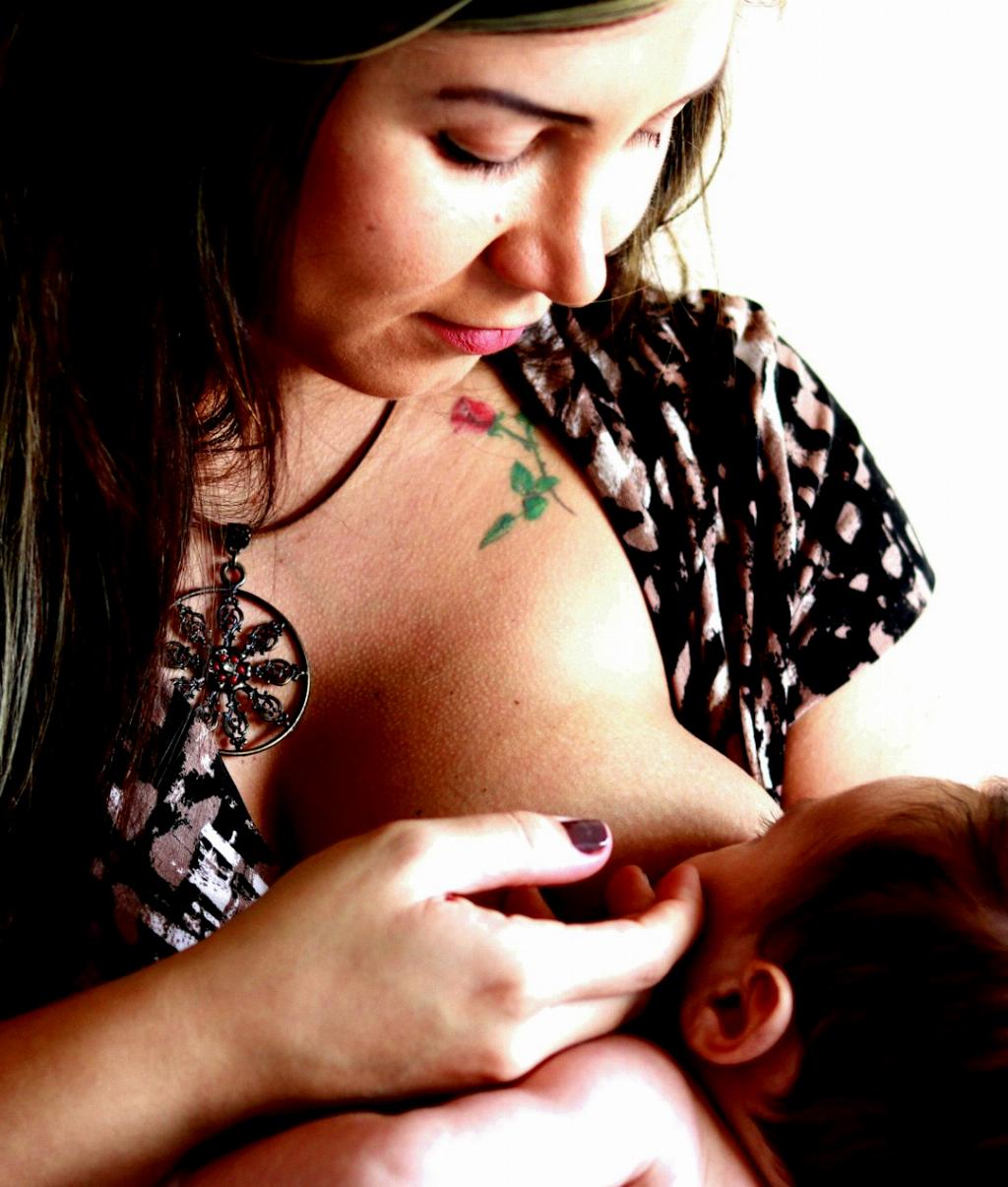When it comes to managing allergies or cold symptoms while breastfeeding, many moms wonder which antihistamines are safe to take. It’s essential to consider the potential impact of medications on both the mother and the baby. Fortunately, there are some antihistamines that are generally considered safe for nursing mothers.
Recommended Antihistamines for Breastfeeding Moms
Two antihistamines that are commonly recommended for breastfeeding moms are Cetirizine, sold under the brand name Zyrtec, and loratadine, known as Claritin. These medications have been extensively studied and have shown minimal risk to the baby when used by nursing mothers.
Other Considered Safe Antihistamines
In addition to Cetirizine and loratadine, there are other antihistamines that are considered safe for breastfeeding moms, although they may not have as much research to support their safety in this specific situation. These include Allegra and Xyzal, which are generally well-tolerated.
Consulting with a Healthcare Provider
Before starting any new medication, including antihistamines, it’s always best to consult with your healthcare provider. They can provide personalized advice based on your medical history and the specific needs of you and your baby. Your healthcare provider may recommend a specific antihistamine based on various factors.
Understanding Potential Risks
While antihistamines are generally considered safe for breastfeeding, it’s essential to be aware of potential risks. Some antihistamines may cause drowsiness in both the mother and the baby, which can affect alertness and performance. It’s important to monitor any side effects and discuss them with your healthcare provider.
Avoiding Certain Antihistamines
While some antihistamines are safe for breastfeeding, others may pose more significant risks. It’s crucial to avoid antihistamines that contain ingredients such as pseudoephedrine, as they can interfere with milk production and potentially harm the baby. Always read the labels carefully and avoid medications with known risks.
Managing Allergy Symptoms Safely
If you’re experiencing allergy symptoms while breastfeeding and need relief, there are ways to manage your symptoms safely. In addition to antihistamines, you can consider non-medication approaches such as saline nasal sprays, humidifiers, and avoiding allergens whenever possible. These methods can complement the use of antihistamines.
Timing of Medication
When taking antihistamines while breastfeeding, it’s essential to consider the timing of the medication. Some antihistamines have a shorter half-life and may be preferred for nursing mothers to minimize exposure to the baby. Your healthcare provider can provide guidance on the best times to take antihistamines.
Monitoring for Side Effects
While antihistamines are generally safe, it’s crucial to monitor for any potential side effects in both the mother and the baby. Common side effects of antihistamines may include drowsiness, dizziness, dry mouth, and gastrointestinal upset. If you experience any concerning symptoms, contact your healthcare provider.
Seeking Alternative Treatments
If you’re hesitant about taking antihistamines while breastfeeding, there are alternative treatments and natural remedies that you can explore. Discussing options with your healthcare provider can help you find the best approach to managing your symptoms effectively while ensuring the safety of your baby.
Conclusion
In conclusion, when it comes to determining which antihistamine to take while breastfeeding, it’s essential to consider the safety and potential risks associated with each medication. Cetirizine and loratadine are commonly recommended antihistamines for nursing mothers, with Allegra and Xyzal also considered safe. Consulting with your healthcare provider for personalized advice is crucial to ensure the well-being of both you and your baby.

